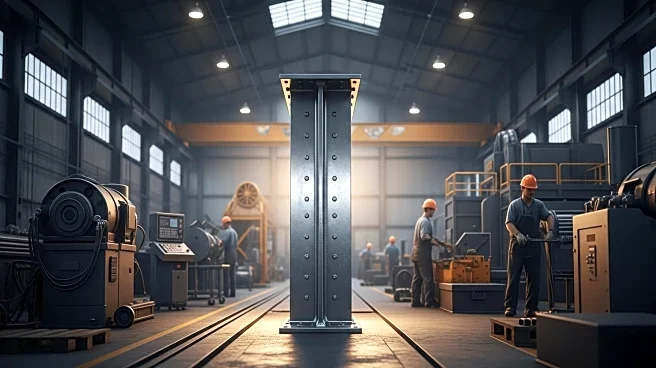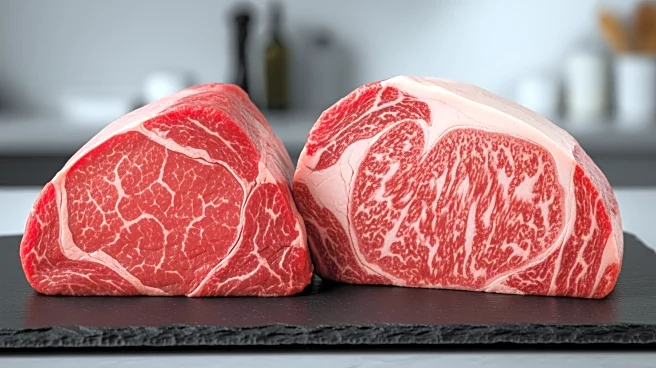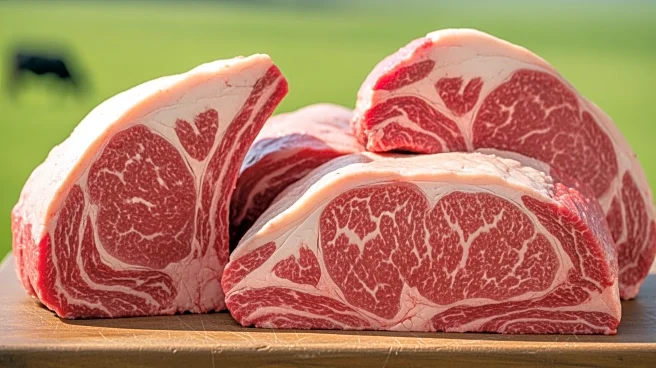What's Happening?
Leo Gerard, the former president of the United Steelworkers, has passed away at the age of 78. Gerard led the union from 2001 to 2019, transforming it into the largest industrial union in North America. His tenure was marked by significant challenges, including the influx of cheap steel imports from China, which led to numerous bankruptcies among American and Canadian steel manufacturers and job losses for thousands of workers. Gerard's leadership involved lobbying for anti-dumping tariffs and navigating complex political landscapes to protect the interests of steelworkers.
Why It's Important?
Gerard's leadership was pivotal during a critical period for the steel industry, as he fought against the economic pressures posed by global steel overproduction, particularly from China. His efforts to secure anti-dumping tariffs were crucial in attempting to stabilize the North American steel market and protect domestic jobs. The impact of his work extended beyond the union, influencing trade policies and industrial strategies in the U.S. and Canada. Gerard's legacy highlights the ongoing challenges faced by traditional industries in a globalized economy and the role of labor unions in advocating for workers' rights.
What's Next?
The passing of Leo Gerard may prompt reflections on the future direction of the United Steelworkers and its strategies in dealing with global trade issues. The union may continue to advocate for policies that protect domestic industries from unfair competition. Additionally, Gerard's death could lead to renewed discussions on the importance of labor unions in shaping economic policies and supporting workers in an increasingly competitive global market.
Beyond the Headlines
Gerard's career underscores the broader ethical and economic debates surrounding globalization and trade. His efforts to combat the effects of cheap imports raise questions about the balance between free trade and protecting domestic industries. The long-term implications of his work may influence future labor movements and policy decisions aimed at ensuring fair competition and sustainable industrial growth.









